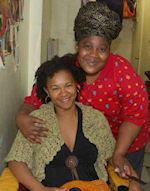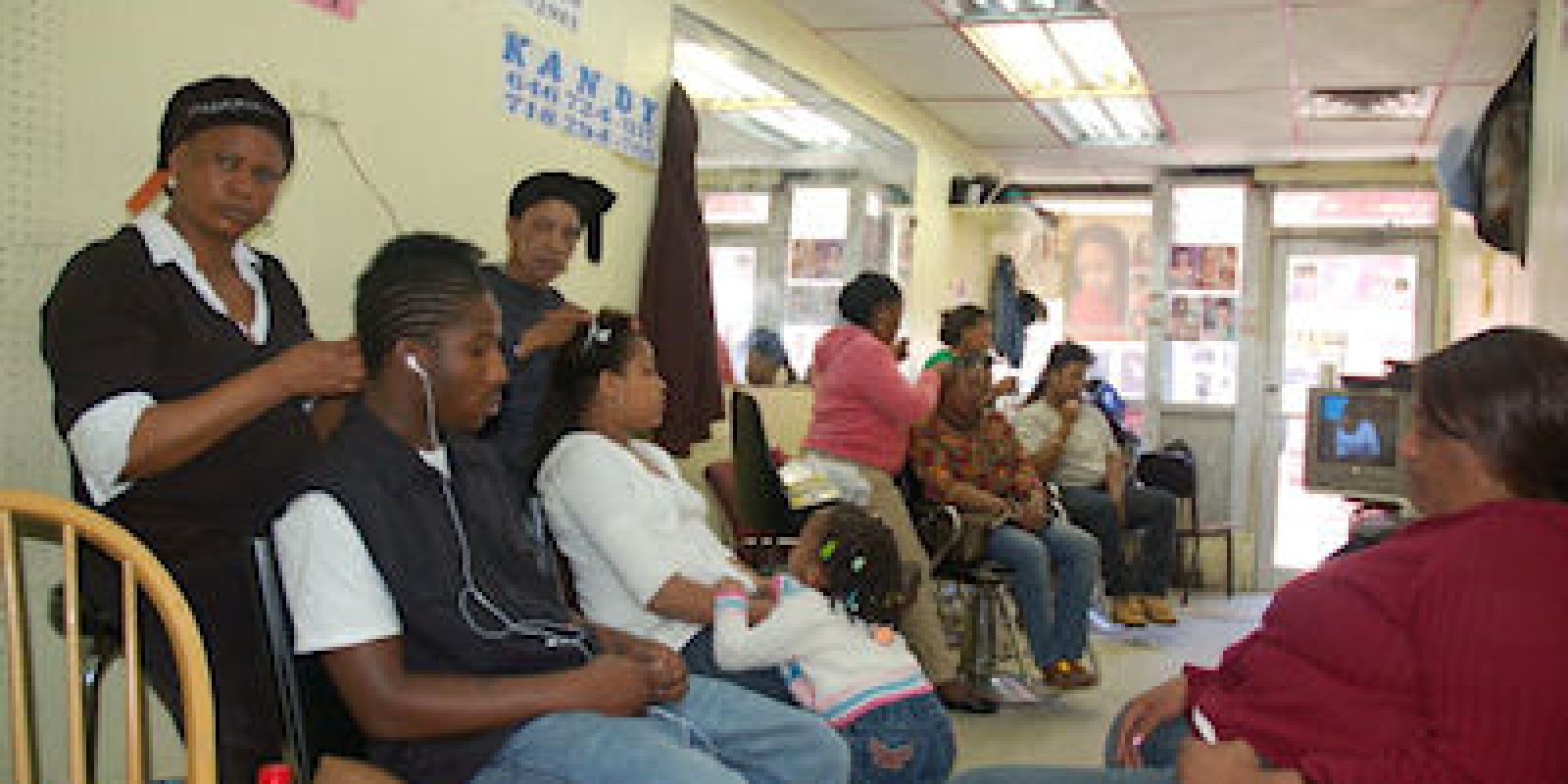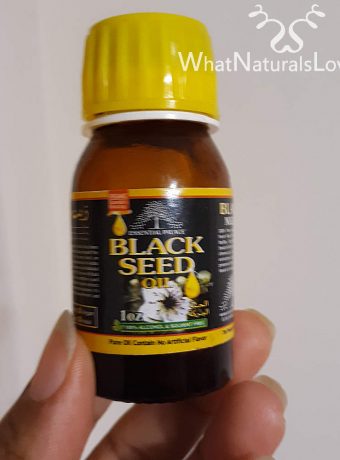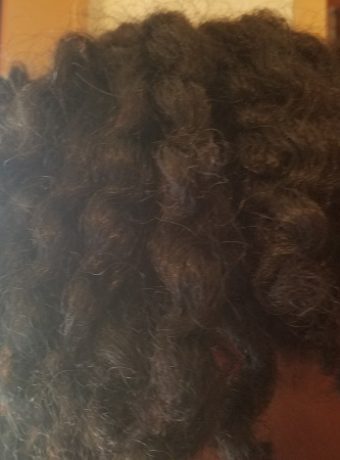
African hair braiding
African braiders entered the market some 20 years ago at a time when the demand for hair braiding among African Americans began growing. This was to the advantage of the customer. As the immigrant braiders started to compete for a customer’s business, prices went down while styling options increased.
Today African hair braiding salons are a regularity in every big city. There is no doubt that you can get almost any braid style done for a reasonable price, yet you have to be aware of what you want to find the service that fits your needs.
Choose your Salon
Not all African Hair Salons are the same to begin with. Besides the regular ones that don’t seem different from any African American beauty salon, there are the braid-‘n-go hair shops. These windowless establishments that don’t have basins or running water are like braiding factories. They are packed with braiders who usually offer their services a little below market price.
The concept is simple. Braiders rent a chair for a day and braid-up as many customers as possible. They either hire women to drum up business or do so themselves in the nearby area. So don’t feel offended when African women approach you to get your hair done when you happen to be in the neighborhood. Your hair may look just fine. These women are only trying to make a living.
The braid-‘n-go shops are not the most comfortable establishments. Especially if you are not used to African culture this environment may take some getting used to. There is no TV or radio. It’s mostly silent and if there is communication, women speak French or an African language  among each other.
among each other.
That doesn’t mean that the women aren’t friendly or incapable of creating the style you want. Most of these braiders are business minded and their simple braid-and-go concept works for many a customer; low price, quick and immediate service. You’ll be fine if you know what to expect but also take the following tips at hart.
Tips for a Braid-n-go Service
If you decide to go to a braid-n-go shop make sure you take the following steps:
- Wash your hair before you go as washing your hair is not offered nor included in any service they offer.
- Completely untangle your hair before a braider gets to it. Not all braiders are the same but very few know how to carefully untangle natural hair. Combing and completely untangling your hair before going to a hair shop will save you teary eyes.
- Make sure your hair dry, maybe a little damp but your kinks should not be soaking wet for sure. Braiding wet hair put extra stress on the scalp so drying your hair before having it braided will very likely save you a headache.
- Bring your own products if you need any. You never know. Unfamiliar products or ingredients can irritate your scalp or cause allergic reactions.
- Bring your own tools. Since these facilities usually have no running water it’s hard to tell if the combs they use are clean.


The rest of the African braiding salons are not that different from the American ones. They offer mostly the same services but there are definitely some differences that a customer should be aware of.
It’s not only the cultural habits that define the differences. Sure, it may come to you as a surprise to see a braider feed her little baby in between services, but the real difference is in the braiding services that these salon offer.
Terminology
Like the American hair salons African braiding salons offer services like box braids, twists, flat twists, kinky twists, weaves and cornrows as well as signature African styles like Goddess braids. Most of the techniques are the same but be aware that some of these terms have a different interpretation.
There is for instance, a remarkable difference between flat-twists done at an African salon and those created at an American salon. African braiders always use extensions for flat-twists and single twist the hair. American braiders use the double strand technique to create flattwists on the scalp without extensions.
There is also a notable difference in regular twists. Twist in America usually means double strand twist but twists done by an African salon are what Americans call Senegalese twists.
As long as you know what you want and you are aware of the differences in services between African and American salons, you can get suitable service at either type of salon.
{loadposition google1}
Going Natural Hair Care for Black Women, African American Men and Children





